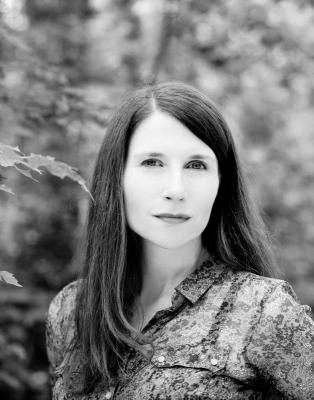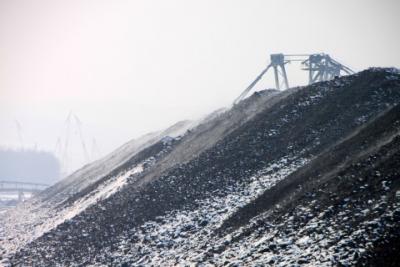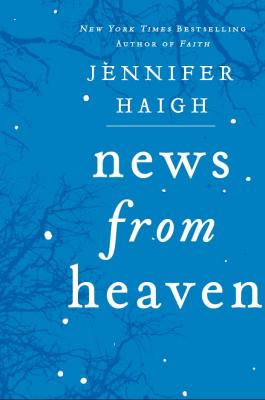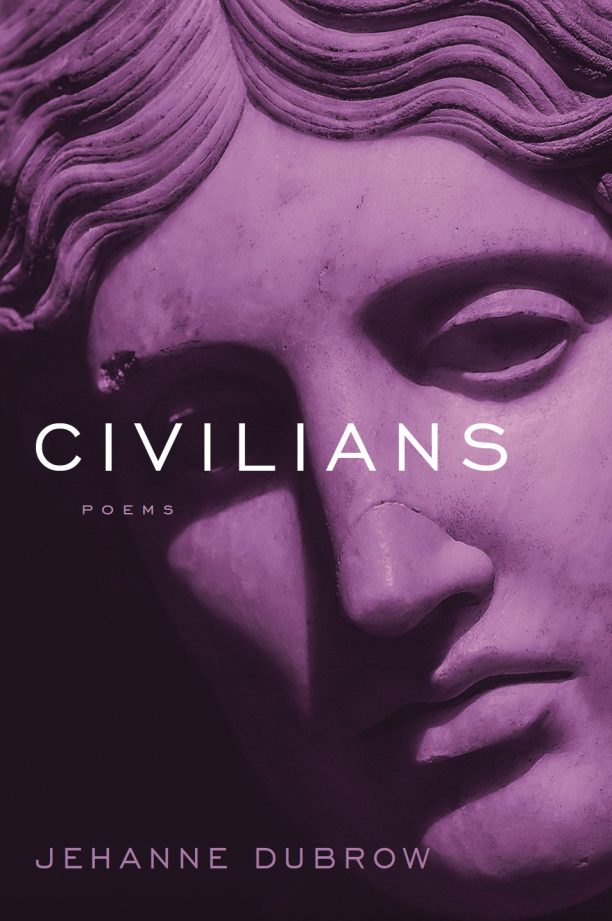S. TREMAINE NELSON interviews JENNIFER HAIGH

Jennifer Haigh is the author of Baker Towers, Faith, The Condition, and Mrs. Kimble, which won the Pen/Hemingway Award for debut fiction. Her short stories have appeared in, among other publications, The Atlantic, Granta, and The Saturday Evening Post. S. Tremaine Nelson met Haigh at New York City’s Center for Fiction in December 2012, during The Common’s “Beyond Geography” panel; post-event, Haigh and Nelson discussed their feelings about the bone-withering winters of Massachusetts (Haigh lives in the Boston area; Nelson’s family on Cape Cod), and continued their exchange via email. Jennifer’s latest collection, News From Heaven: The Bakerton Stories, published this February by Harper, features a story originally published in Issue No. 04 of The Common.
*
S. Tremaine Nelson (SN): Have you always wanted to write?
Jennifer Haigh (JH): I’ve always written, but turning thirty gave me a sharper sense of purpose. I decided I couldn’t keep thinking of myself as a promising young writer, that it was becoming comical and would soon be pathetic. I concluded that I needed to fail at it quickly so I could get on with my life and devote my energies to something else.
SN: Was there a teacher who first encouraged you?
JH: Even as a child I was reluctant to show what I’d written, so my teachers never really got the chance. But my mother, a librarian, was always putting the right book in my hands at the right time. I think that’s the best sort of encouragement.
SN: Was there a specific book that made you become a reader?
JN: Not that I can recall. It was imitative behavior. My parents were always reading, and that made me curious about books.

SN: You’re originally from Pennsylvania. Many of the characters in News from Heaven are coal miners. Were any of your family members coal miners?
JH: Both grandfathers and several uncles.
SN: How often do you visit your hometown?
JH: Once or twice a year.

SN: Some of the stories in News From Heaven take place during World War II. Do you have any favorite novelists of historical fiction?
JH: Historical fiction strikes me as a peculiar exercise, much of it produced, I suspect, by people more interested in studying history than in writing stories. The result, too often, seems engineered to show off the writer’s painstaking research, the hours spent learning about chamber pots or whatever. The story is secondary; the true goal is to re-create on the page a particular time and place.
On the other hand, many excellent writers occasionally tell a story that happens to be set in the past. In this case the chamber pots aren’t fetishized, the writer understanding that the people using them likely gave them little thought.
SN: What would you say is the most important component of good historical fiction?
JH: The secret, I think, is to trust that people in the past were not so different from ourselves.
SN: Would you also describe your writing as Realism?
JH: Yes.
SN: Speaking of Realism in Pennsylvania: how do you feel about John Updike’s fiction?
JH: He was a fiercely intelligent writer who was interested in the whole world. That lively curiosity was probably the reason he was so prolific. He had a marvelous prose style and wrote more good books than most people will ever get around to reading. His Rabbit novels will be read a hundred years from now.
SN: News from Heaven features several interconnected short stories with reoccurring characters. Would you cite Sherwood Anderson’s Winesburg, Ohio as an influence? Or have you read Olive Kitteridge by Elizabeth Strout?
JH: I’ve read and admired both, though I’m not sure either was in my mind when I wrote these stories, since I didn’t, for a long time, imagine publishing them as a collection. I wrote them one at a time, in between novels or drafts of novels. And after about ten years of this, I realized that they belonged together in a book.
SN: “Favorite Son” was the story I most enjoyed in News From Heaven. The character of Mitch Stanek seemed painfully authentic to me. Were you an athlete in high school, or did you draw from any personal experience in writing his story?
JH: Nope. I made it all up.
SN: Elsewhere in your collection, in the story “Thrift,” there’s the line: “The years will grow on them like moss on a tree.” This struck me as a terribly depressing way to spend one’s final years, although there’s beauty in the image. Were you condemning the characters’ complacency in the story? Or is their fate, like the growing moss, predetermined because they stay in Bakerton?
JH: Neither. Aging happens to all of us, wherever and however we live. And the moss – well, that’s just how it looks to me.
SN: What are you reading today?
JH: Jess Walters’ brilliant novel, Beautiful Ruins.
SN: What are you working on next?
JH: I started a novel last year, and I’m trying to decide whether I will finish it. It seemed like a good idea at one point, but now I think it’s probably a mirage.
SN: What three books would you take with you if you were stranded on a desert island?
JH: Underworld, by Don De Lillo; an unabridged dictionary; and the collected poems of somebody. (Sneaky, right? That way I get several books’ worth.) I would agonize over that last choice. Maybe Anne Sexton or Louise Gluck or Alan Dugan. Somebody transcendent.
S. Tremaine Nelson is a graduate of Vanderbilt University and founder of The Literary Man book blog.



